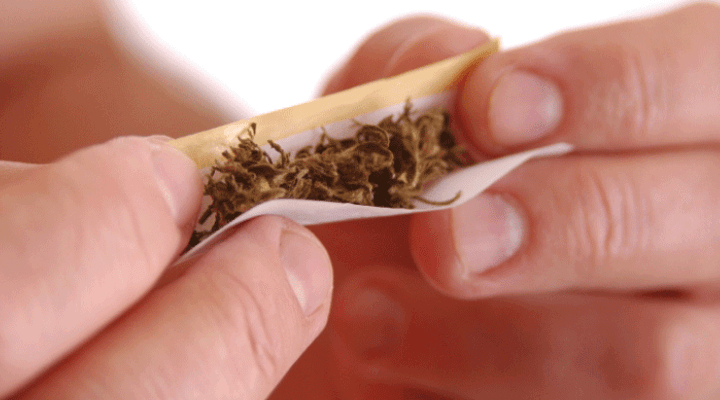Yesterday Bloomberg reported that Elon Musk had resubmitted his SF-86, application for security clearance, updating the form to indicate his recent marijuana use. Musk came under scrutiny in September, where in a bizarre Joe Rogan podcast Musk drank heavily and smoked pot.
Initial reports noted the Air Force did not have plans to investigate Musk’s Secret level security clearance, granted because of his company’s contracts with the federal government. But like any other security clearance holder, Musk would have been obligated to self report the drug use – a direct violation of the adjudicative guidelines and federal law which still prohibits any marijuana use, even use in states where the recreational use of the drug has been legalized. Alternately, new requirements published by the Office of the Director of National Intelligence in 2017 specifically require current security clearance holders to report “illegal use or misuse of drugs or drug activity” for other clearance holders they’re aware of.
Over recent years ODNI has continually reminded security clearance holders that marijuana use remains illegal at the federal level – and is therefore off limits to security clearance holders. Several memos have been sent to remind federal workers of the ban. In recent weeks a viral email reported that even investing in a marijuana business as a security clearance holder could be looked upon unfavorably by the DoD’s Central Adjudication Facility.
The issue for Musk isn’t that he just smoked marijuana, but that he did so while actively holding a security clearance.
“It is generally quite difficult for someone who has used illegal drugs (including marijuana) while holding a security clearance to keep that clearance,” noted Sean Bigley, security clearance attorney and partner at Bigley Ranish.
“In this case, Mr. Musk’s age — he’s not a college student or a recent college graduate — isn’t going to help him,” added Bigley. “But the circumstances of the use just might. If I were his attorney, I might argue that his judgment was impaired by his consumption of alcohol on the show and, because he is (hypothetically) not a heavy or frequent drinker that created highly unusual circumstances that are unlikely to recur.”
The issue with arguing alcohol consumption as a mitigating factor is that Musk would also then have to prove that he can, in fact, control his alcohol intake (as alcohol abuse is a separate adjudicative criteria), noted Bigley.
Ongoing marijuana use has remained one of the few issues that can’t be mitigated. Through the Bond Amendment, ongoing drug use is one of several criteria which applies to all agencies and restricts access to Sensitive Compartmented Information, Special Access Programs and Restricted Data. While a meritorious waiver can be granted, someone who admitted to regular or ongoing drug use would likely have difficulty obtaining a meritorious waiver.
Musk’s security clearance review puts marijuana use back in the spotlight at a time when the government is already overhauling who is a trusted worker as a part of the Trusted Workforce 2.0 policy overhaul. The framework is opening up the option to adjust or even eliminate certain adjudicative criteria, and it’s likely marijuana use will be on the table as the government decides if changing social mores and opinions about drug use indicate it’s also time to update policy.




